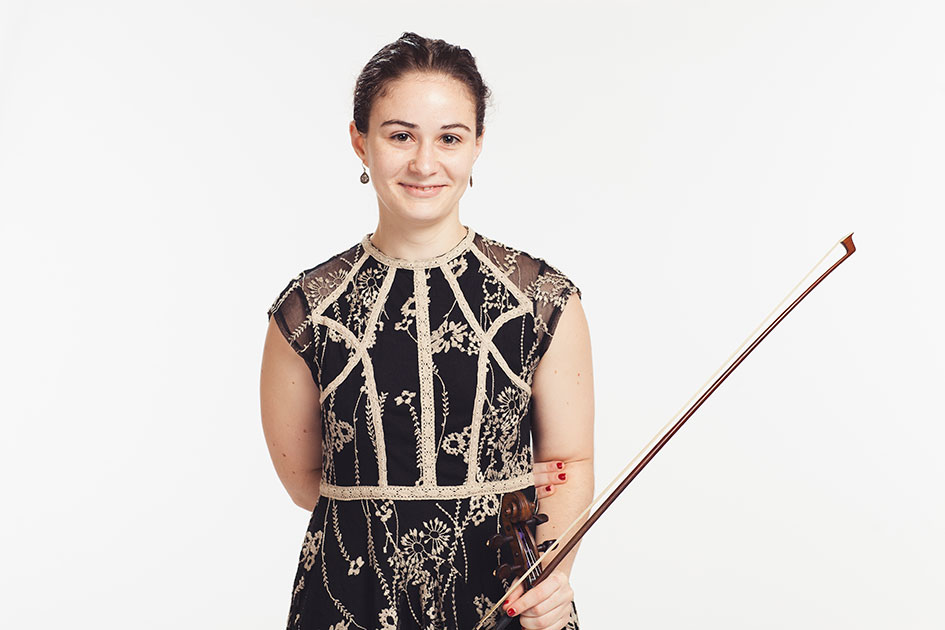Rachel Apone
Anthropology
Hometown: North Bend, Washington (where Twin Peaks was filmed).
Adviser: Prof. Courtney Handman ’98 [anthropology 2009–]
Thesis: Defacing Things: Emerging Pentecostal Modes of Action in Papua New Guinea
What it’s about: In Papua New Guinea the Speaker of Parliament removed traditional artwork from the Parliament building because he believed the artifacts contained evil ancestral spirits and PNG is a Christian nation. He was criticized for not respecting Melanesian culture. But I take another perspective. As a Pentecostal he has a different stance on materiality and what can be known about the world. You have to continually reconstitute the past in order to break away from it. I also look at the murders of suspected sorcerers in PNG, despite the population’s conversion to Christianity.
What it’s really about: The charismatic Christian public in Papua New Guinea.
Who I was when I got to Reed: I had recently battled severe depression and was attracted to Reed because it emphasized diversity and expanding people’s experiences.
A concept that blew my mind: In The Gender of the Gift, Marilyn Strathern talks about how in Melanesia individuality is about eliciting reactions from other people who define your personhood. For example, gender isn’t defined by your body, but is more an elicited form or essence.
Influential piece of music: String Quartet Number 8 in C Minor by Shostakovich is a sentimental choice because it’s the last piece we’re performing this year at Reed. It was written in remembrance of the Holocaust. It’s haunting.
Obstacles I overcame: I was diagnosed with ADHD my freshman year—a transformative but difficult experience. Because Reed is so rigorous, at first I viewed it as something holding me back, but as my Reed experience progressed, I came to see my ADHD as an asset.
Outside the Classroom: Played in both the orchestra and chamber quartet. Played tango music with a professional group from Argentina. Mentored for Eye to Eye, a program that matches college students with elementary students who have ADHD or other learning disabilities.
How Reed changed me: Although Reed has definitely enhanced my critical thinking skills in particular and my academic inclinations more generally, the most transformative aspects of Reed for me were the moments of unintentional, unconscious learning from my peers and professors. Coming from a place that lacked diversity, it was amazing how much my world expanded just by listening to the wealth of perspectives and points of view.
What I would tell prospies: Some days Reed will be overwhelming and stressful, but it will augment you so profoundly that it is definitely all worth it.
What’s next: I’m considering graduate schools to apply to in anthropology.
